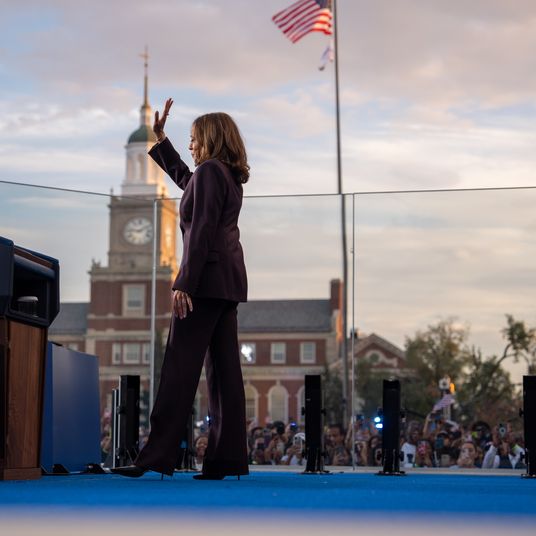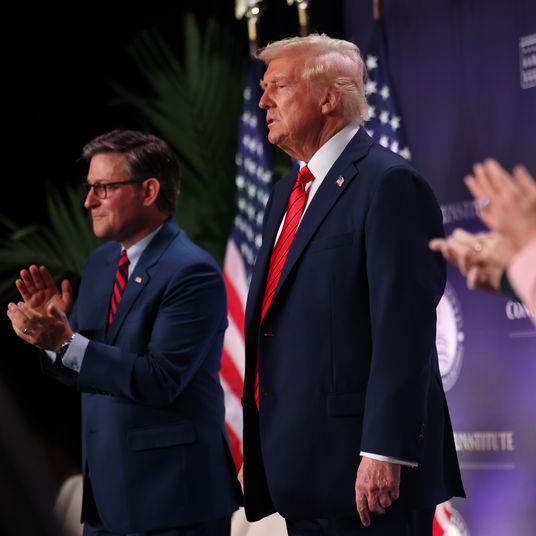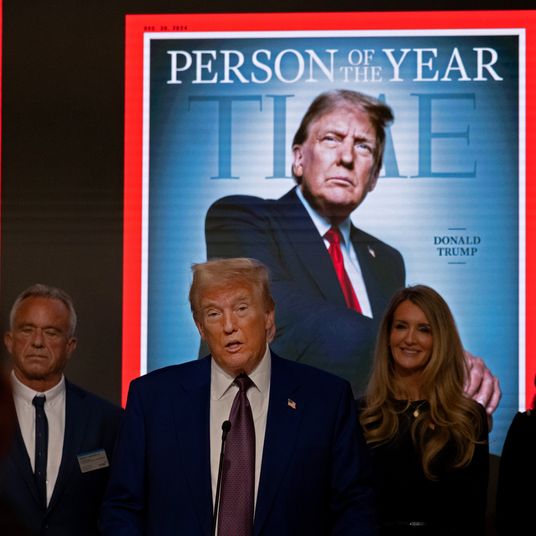
A long-simmering dispute between government agencies and technology companies is taking on a new urgency. James Comey, the director of the FBI, testified during the Intelligence Committee session on Tuesday that his agents still haven’t been able to access one of the phones of Syed Rizwan Farook and his wife Tashfeen Malik, who killed 14 people in San Bernardino on December 2, because the device is locked and encrypted.
Personal privacy became a big selling point for technology companies after the extent of the NSA’s domestic-spying program was revealed by Edward Snowden in 2013. Companies perceiving a money-making opportunity in the national crisis of trust, as is their wont, began offering devices and software that would protect data and communications from prying eyes.
These weren’t just products for Tor-browsing conspiracy nuts who carried their phones around in little reflective bags, but mainstream offerings like, say, iPhones, and WhatsApp, and SnapChat. For example, it is now relatively commonplace for service providers to hold no keys for unlocking or accessing a user’s data. At Apple, since the iPhone 6, the company has been unable to access, and thereby unable to hand over, users’ messages and personal information. Customers are for the most part happy with this, but the government argues that those same measures have made it easier for terrorists and criminals to commit crimes.
Officials have been saying for years that they have only the noblest law-enforcing intentions for accessing people’s data, but seeing how we got here in the first place, many people are understandably dubious. And it isn’t just the United States. Last year U.K. prime minister David Cameron straight up said there should be no “means of communication,” which “we cannot read”.
According to people in the know, the debate over encryption is about much more than privacy versus security. Technology experts have been outspoken that the mere existence of a key to access confidential information would leave vital infrastructural and economic information vulnerable to prying eyes, government or other.
Still, no one is arguing that encrypted technology isn’t used to perpetrate crimes of all sorts, or that increasingly tech-savvy terrorists don’t know about encryption or use it to plan attacks, recruit followers, and escape prosecution.
The government is all too aware of the damage done to its credibility following the Snowden debacle, and the Obama administration has tried time and time again to reassure the public it is not spying on them — just yesterday the White House announced a new federal inter-agency privacy council — all the while fighting to preserve the tools that make domestic spying possible.
What officials have needed was an example of the real human cost of widespread encryption. Now, in the San Bernardino case they have a concrete and highly emotional example to make their case on. And, if domestic terrorism — at a Christmas party no less! — isn’t heart-string-tugging enough for you, Comey also mentioned another case in which a pregnant woman was murdered in Louisiana and her killer is still unknown. The only piece of evidence, Comey said, was her phone and agents have been unable to access it.
The debate is most likely only going to heat up as fears surrounding domestic terrorism become more acute. If rhetoric from the campaign trail is any kind of barometer (ISIS! Terror! Mexico!), this country may be ready to swing back in favor of security even at the expense of privacy.





























